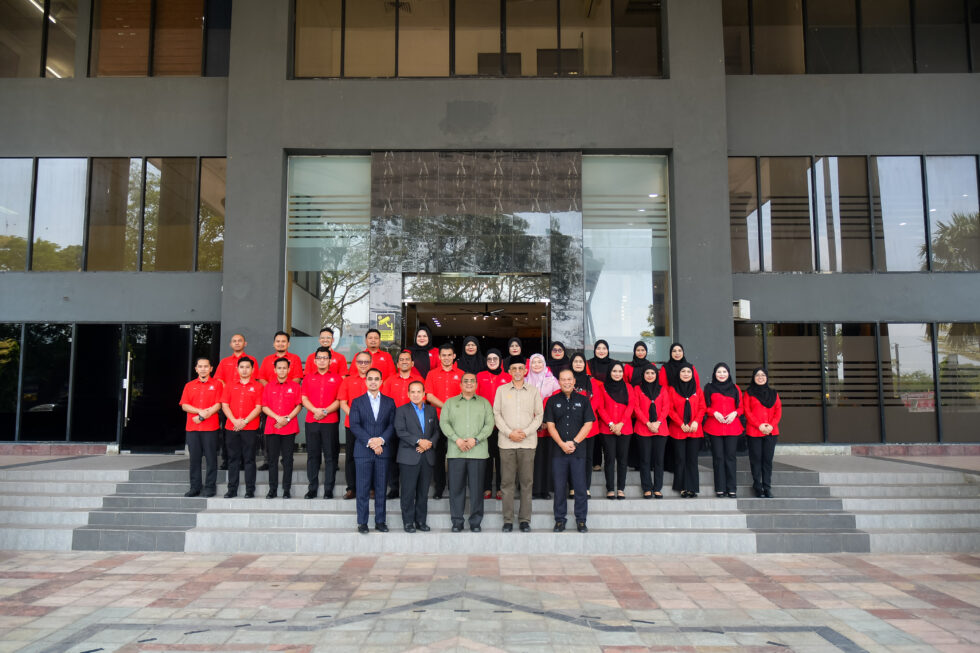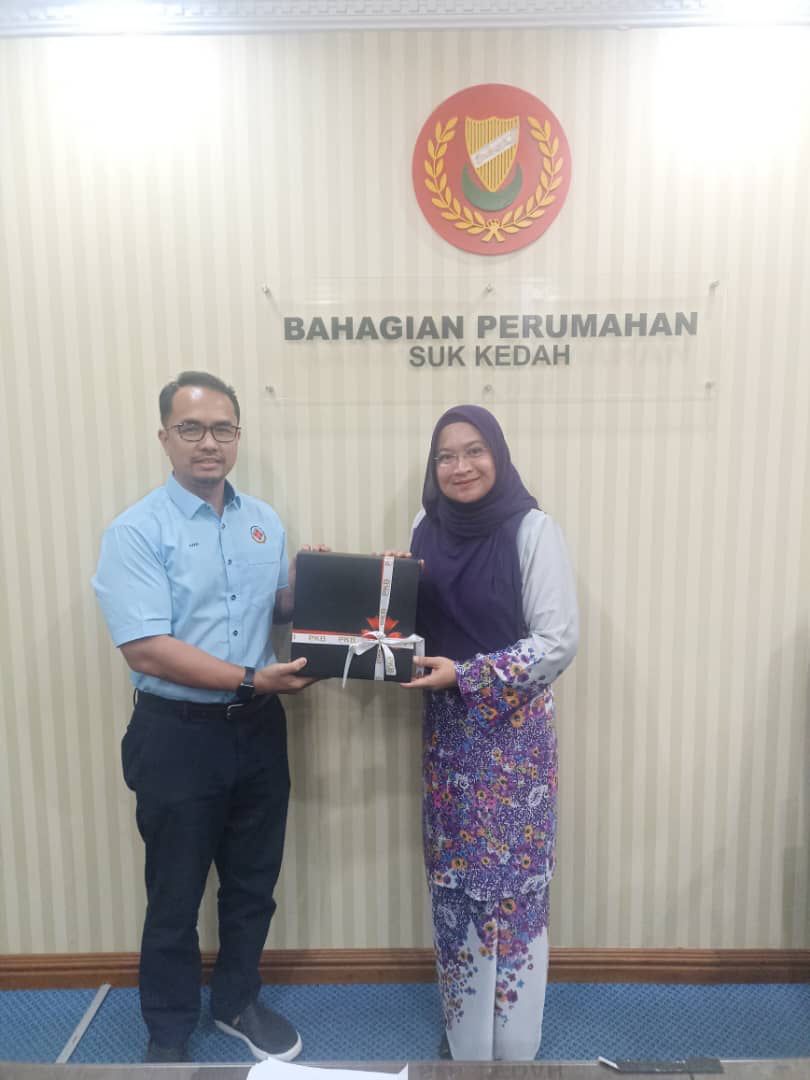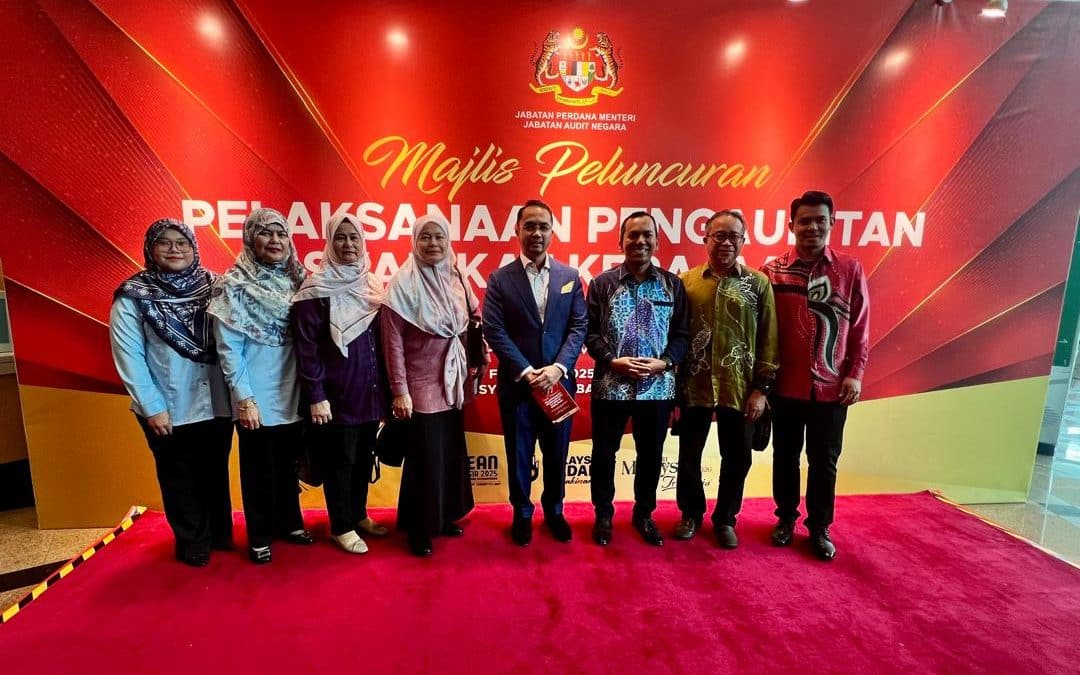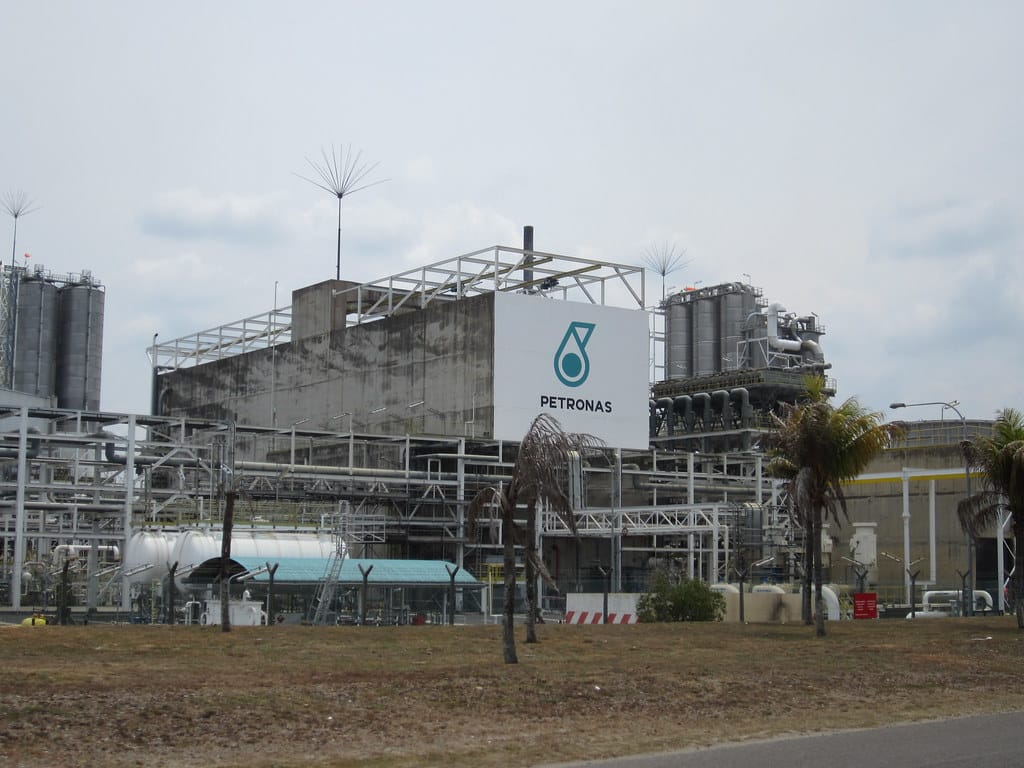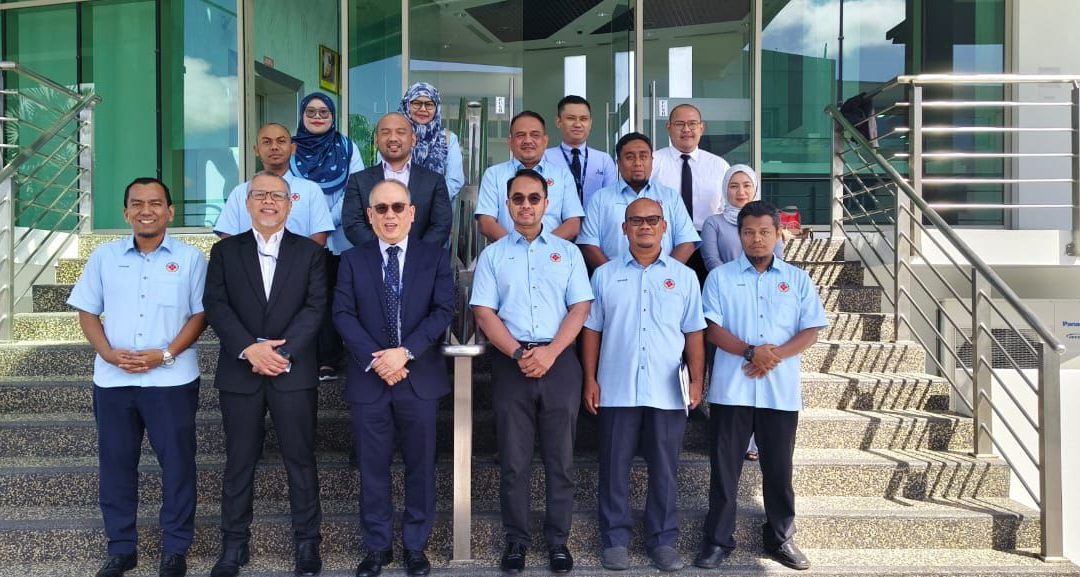While I was jotting down notes from my recent trip to Spain about the rise and fall of Andalusia, I recalled a book I read more than a decade ago, Why Nations Fail by Daron Acemoglu and James Robinson.
During its prime, Andalusia was a hub of knowledge and innovation, thriving due to the strength of its political and economic institutions. However, its downfall was more complex, with one of the main factors being internal divisions and political fragmentation.
After revisiting the book, I found some similarities between Acemoglu and Robinson’s arguments in Why Nations Fail and what happened to the Andalusian empire. Their central thesis, that the success or failure of nations depends on their institutions rather than geography or natural resources, also applies to modern nations, including Malaysia and Singapore.
Malaysia and Singapore share a deep historical connection, having once been part of the same nation. Yet today, Singapore, a small island with no natural resources, has become a global financial hub with a high-income economy, while Malaysia, despite being resource-rich, continues to work toward achieving high-income status. This contrast highlights how institutions, rather than resources, influence a nation’s trajectory.
Institutions Matter More Than Resources
Acemoglu and Robinson argue that the key determinant of a nation’s success is its institutions. They distinguish between inclusive institutions, which encourage innovation, competition, and broad participation, and extractive institutions, which concentrate power and wealth among a select group, limiting broader economic progress.
In this context, Singapore has developed strong inclusive institutions since its independence in 1965. Under Lee Kuan Yew’s leadership, Singapore emphasised meritocracy, efficient governance, and long-term economic planning, creating a business-friendly environment that attracted global investment and nurtured a world-class education system.
Meanwhile, Malaysia’s approach has been shaped by its unique socio-political landscape. Over the years, various policies have been introduced to ensure stability and equitable distribution of wealth. While these policies have helped certain sectors grow, there is room for further refinement to enhance competitiveness, encourage innovation, and create a more dynamic and resilient economic environment.
But policies alone are not enough; their success depends on execution, a challenge Malaysia has grappled with.
The Impact of Leadership and Policy Choices
Singapore’s leadership has focused on strategic economic diversification and long-term planning, ensuring the country remains competitive despite having no natural resources. Investments in technology, education, and infrastructure have positioned Singapore as a global hub for finance and innovation.
Malaysia, blessed with abundant resources, has also developed long-term national plans. The Malaysia Plans, now in its 12th iteration with MP13 coming up soon, outline clear strategies for economic and social development. However, the challenge has been execution. While Malaysia has shown great strength in planning, the ability to translate those plans into action remains an area for improvement. Effective execution, accountability, and adaptability will be critical in ensuring that Malaysia maximises its development potential.
The global economy is changing rapidly. Increased competition and technological advancements have made it imperative for Malaysia to accelerate its transition toward a knowledge-based and innovation-driven economy. The country’s ability to foster entrepreneurship, digital transformation, and high-value industries will determine its long-term success.
But strong institutions and policies are not enough, human capital is the key driver of progress.
Education, Innovation, and Human Capital
Singapore has placed strong emphasis on education and workforce development, ensuring that its people are equipped with skills relevant to the evolving global economy. As a result, Singaporean graduates are highly competitive in international markets.
Malaysia, too, has a well-established education system, producing a large pool of skilled graduates. However, talent retention remains a challenge. Many of Malaysia’s brightest minds find opportunities abroad more attractive, drawn to higher salaries, stronger currencies, and better career growth. I do not blame them for making such choices, but it highlights an urgent need for Malaysia to create a dynamic and rewarding ecosystem that retains and attracts top talent.
To achieve this, Malaysia must realign educational outcomes with industry demands, focusing more on critical thinking, digital skills, and innovation. By bridging this gap, Malaysia can retain its best talent and enhance its global competitiveness.
However, for education and innovation to thrive, a strong governance framework is essential.
Governance and Transparency
One of the key strengths of Singapore is its strong governance and transparency, which have fostered investor confidence and economic stability. Strict anti-corruption measures and efficient public service delivery have helped Singapore maintain its status as a leading global business hub.
Malaysia, too, has taken steps to enhance transparency and governance, with various institutional reforms aimed at improving accountability and economic management. Strengthening these frameworks will be essential in building investor confidence, ensuring policy consistency, and fostering long-term sustainable growth.
But governance is not just about policies, it is about making difficult choices for the greater good.
Conclusion: The Way Forward
Malaysia’s economic progress and Singapore’s global success provide valuable lessons on how institutions shape national development. While Malaysia has made significant strides in economic and social advancement, the evolving global landscape presents new challenges and opportunities.
The question is: Are we ready to make the necessary changes?
Progress often demands sacrifice, but the willingness to make those sacrifices defines a nation’s trajectory. Singapore made tough decisions, a unified education system, a focus on meritocracy over affirmative action, and open market competition over protectionism, all in pursuit of long-term success.
For Malaysia, the question remains: Are we ready to transition away from policies that may have served past needs but now require reform? Are we willing to adopt more holistic and principle-based approaches that foster innovation, economic growth, and long-term prosperity? Or will we remain comfortable with familiar structures, hesitant to embrace change?
I am a strong believer in meritocracy and good governance. By fostering inclusive institutions, strengthening governance, investing in innovation, and enhancing human capital, Malaysia can accelerate its journey toward becoming a high-income, globally competitive nation.
The experiences of both Malaysia and Singapore highlight one undeniable truth: while natural resources provide a foundation, it is the strength of institutions, visionary policies, and principled leadership that ultimately determine a nation’s long-term success.
Note: Dr Azizi is a professor at the Malaysian Graduate School of Entrepreneurship and Business (MGSEB), Universiti Malaysia Kelantan (www.mgseb.umk.edu.my). He can be contacted at [email protected]







